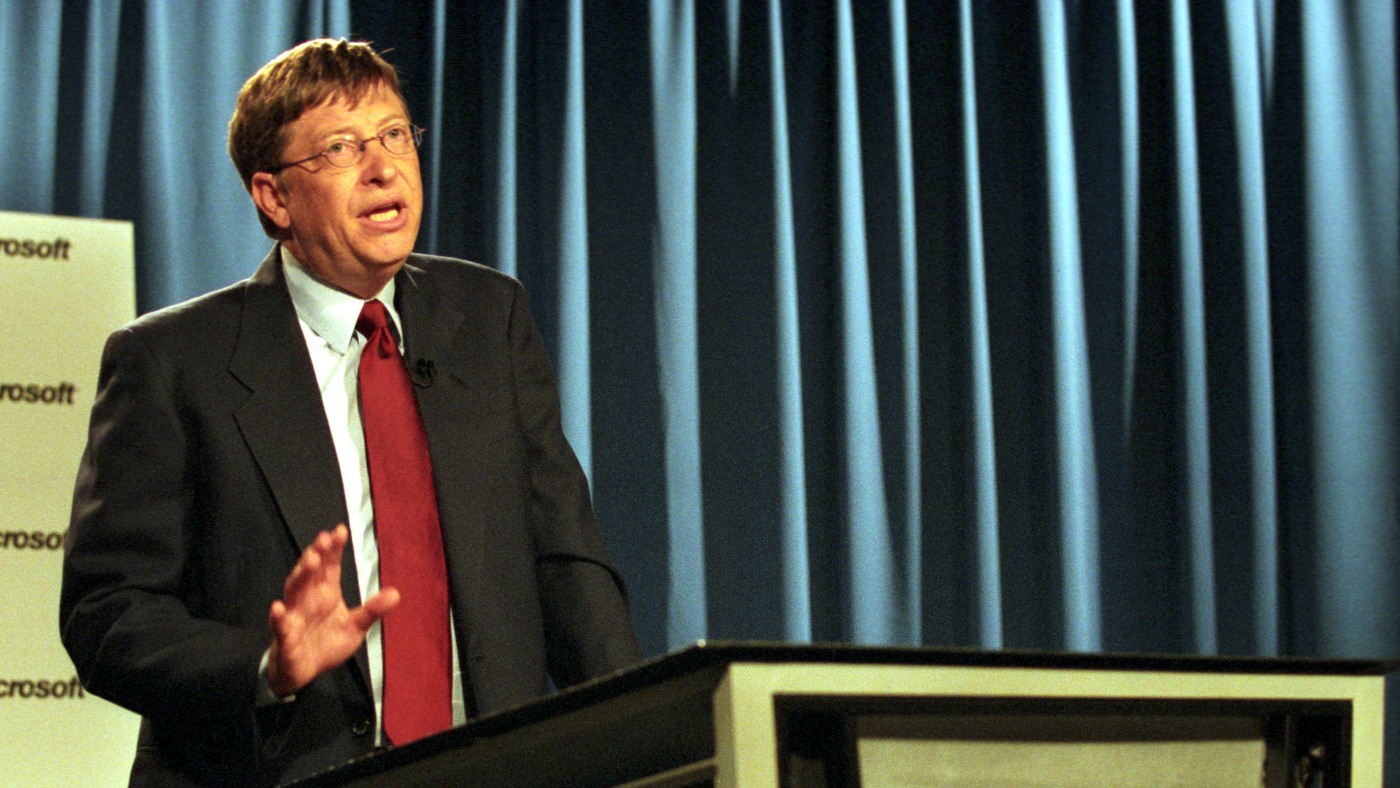The Google Antitrust Battle: Echoes of Microsoft’s Past
The tech world is abuzz with the ongoing antitrust case against Google, a legal confrontation that draws parallels to a historic battle with another tech giant, Microsoft. As the U.S. government and Google present their cases, the impact of the Microsoft antitrust case from the late ’90s looms large, offering both a precedent and a roadmap for the current proceedings.
A federal judge has already determined that Google has maintained a monopoly by suppressing competition in the search engine market. The current phase involves deliberations on the penalties Google may face, with the Department of Justice (DOJ) and Google each making their arguments. A key reference point in these discussions is the famous U.S. v. Microsoft case, which similarly accused Microsoft of monopolistic practices.
Microsoft’s Momentous Case
Back in 1998, the DOJ, along with state attorneys general and the District of Columbia, filed a lawsuit against Microsoft. The case, which concluded after extensive investigations, is still regarded as “the most important antitrust case for digital platforms in the last 30 years,” according to Rebecca Haw Allensworth, a Vanderbilt University professor.
The core issue was Microsoft’s alleged abuse of its dominant position by bundling its Internet Explorer browser with the Windows operating system, thereby sidelining competitors like Netscape. Microsoft’s aggressive strategies, aimed at maintaining exclusivity, drew considerable criticism.
Notably, during the DOJ’s inquiry, a controversial statement attributed to a Microsoft executive surfaced, suggesting an intention to “cut off Netscape’s air supply,” though it was later denied in court. Ultimately, Judge Thomas Penfield Jackson ordered a breakup of Microsoft, a decision later overturned in 2001 due to changes in the DOJ’s approach under a new administration.
The Ripple Effects on Antitrust Law
The Microsoft case set a significant legal precedent for addressing monopolistic behaviors in tech companies. The DOJ’s current actions against Google, including proposed remedies, are heavily influenced by this precedent.
A central argument from the DOJ is that Google, much like Microsoft, employs monopolistic practices. Google disputes this characterization, intending to appeal Judge Amit Mehta’s ruling.
Proposed penalties for Google include potentially divesting its Chrome browser and ceasing payments to companies like Apple to secure its default search engine status. The DOJ also considers requiring Google to sell its Android operating system, a dominant player in the smartphone market.
These proposals echo the historical Microsoft case, which opened the field to new competitors such as Apple and Google. However, opinions vary on the effectiveness of these penalties, with some arguing that Microsoft emerged relatively unscathed.
The outcome of Google’s case remains uncertain. As Sam Weinstein from Yeshiva University notes, understanding the historical context doesn’t necessarily illuminate the path forward: “It’s hard to know what’s gonna happen here.”
This article was originally written by www.npr.org






